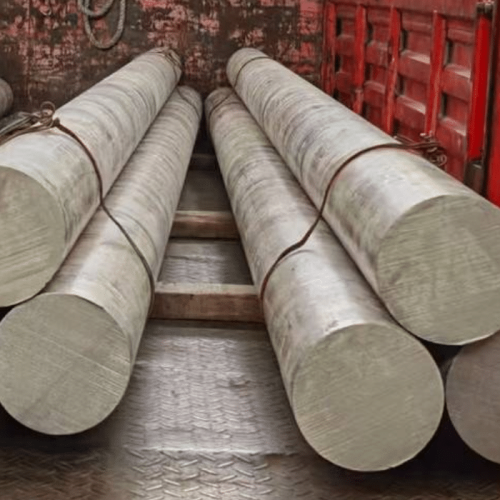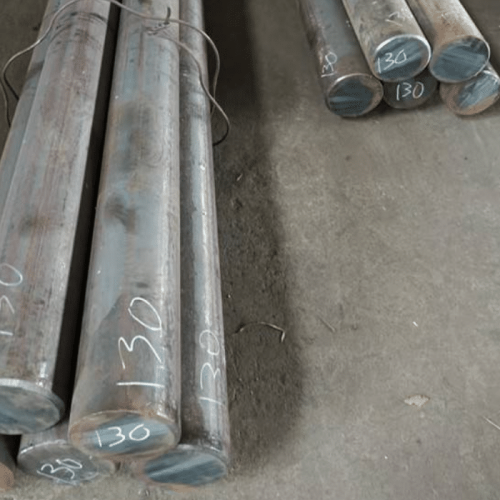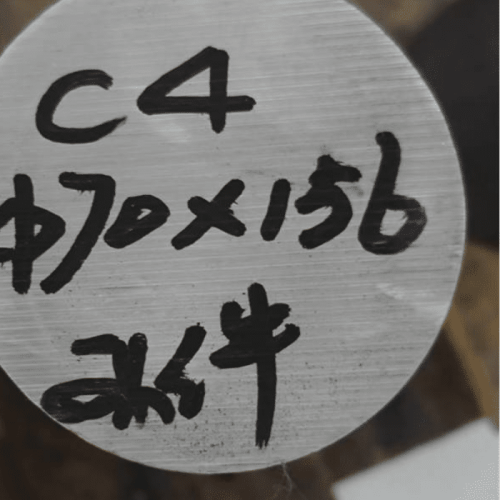Get in touch with us
Leave a message



Hastelloy C-4 Pipe, a high-performance nickel-chromium-molybdenum alloy, excels in extreme environments. Known for its exceptional corrosion resistance, this superalloy is ideal for chemical processing and high-temperature applications. As a trusted hastelloy tubing supplier, our China-based enterprise delivers top-quality products globally.
Hastelloy C-4 Pipe pricing is available upon request. Please contact our sales team for a detailed quote, including terms and conditions.
Hastelloy C-4 Pipe is widely used in industries requiring robust corrosion-resistant alloys. Key applications include:
| Element | Percentage (%) |
|---|---|
| Nickel (Ni) | 65.0 min |
| Chromium (Cr) | 14.0 - 18.0 |
| Molybdenum (Mo) | 14.0 - 17.0 |
| Iron (Fe) | 3.0 max |
| Titanium (Ti) | 0.7 max |
| Others | Trace |
| Property | Value |
|---|---|
| Tensile Strength | ≥ 690 MPa |
| Yield Strength | ≥ 283 MPa |
| Elongation | ≥ 40% |
| Hardness | ≤ 100 HRB |
Hastelloy material like C-4 offers excellent resistance to:
While Hastelloy C-4 Pipe is highly durable, avoid using it in:
| Environment | Corrosion Rate (mm/year) |
|---|---|
| Atmospheric | <0.01 |
| 10% Sulfuric Acid | <0.05 |
| 10% Hydrochloric Acid | <0.08 |
Recommended welding methods for Hastelloy metal include:
Fabrication: Cold forming, hot forming, and machining with high-speed tools.

Our chemical plant relies on Hastelloy C-4 Pipe for its unmatched resistance to acidic environments. Delivery from this China manufacturer was prompt!
Judy K.
Chemical Engineer

The quality of these pipes exceeds expectations. Perfect for our high-temperature alloy needs in power generation.
Thomas S.
Project Manager

Great support and competitive Hastelloy pipe price. The pipes perform flawlessly in our marine systems.
Alan Q.
Procurement Officer
A: Hastelloy C-4 Pipe offers superior resistance to both oxidizing and reducing chemicals and has better thermal stability compared to many other alloys.
A: Yes, it performs well in high-temperature applications but should be used below 600°C for optimal performance.
A: It is used across industries such as chemical processing, marine engineering, and waste treatment due to its exceptional corrosion resistance.
A: GTAW, SMAW, and GMAW are the preferred welding techniques for Hastelloy C-4 Pipe to achieve a high-quality weld.
A: Its excellent resistance to chloride-induced pitting and crevice corrosion makes it an ideal choice for seawater applications.

Professional manufacturer of premium specialty alloys, offering stainless steel, Hastelloy, nickel-based alloys and processing services. Delivering superior metallurgical solutions for aerospace, petrochemical, marine engineering and other demanding industries.
©2025 alloy-materials.com COPYRIGHT ALL RIGHT RESERVED.